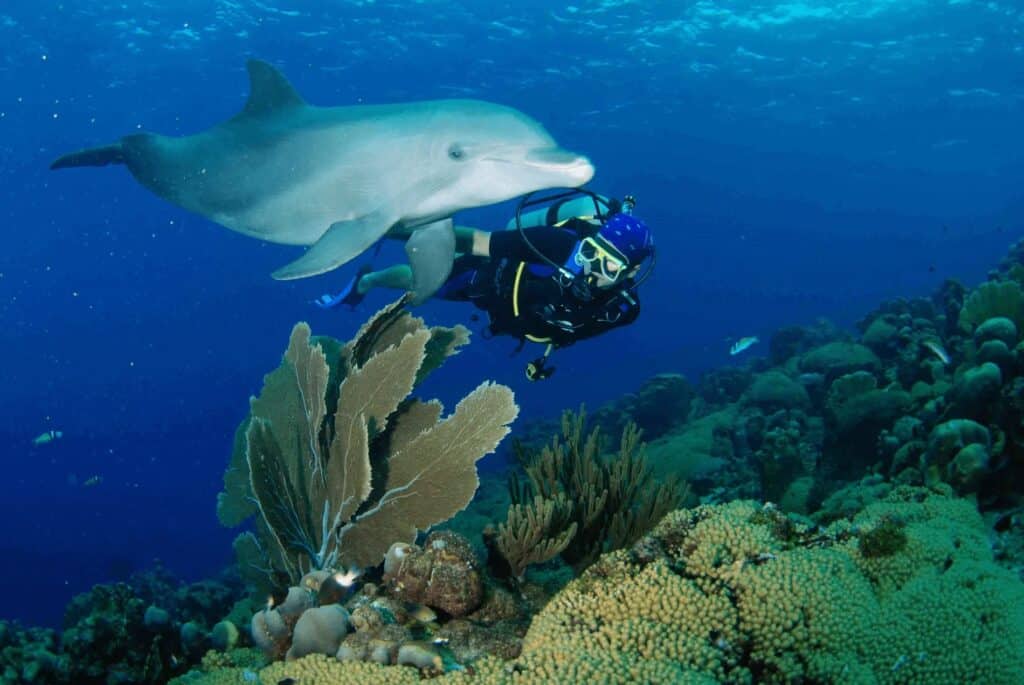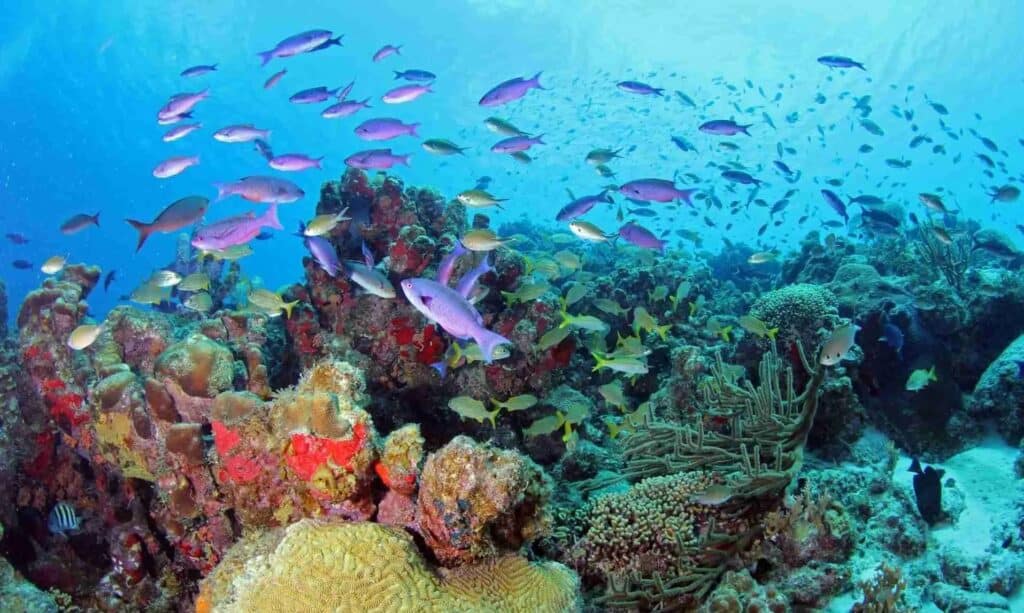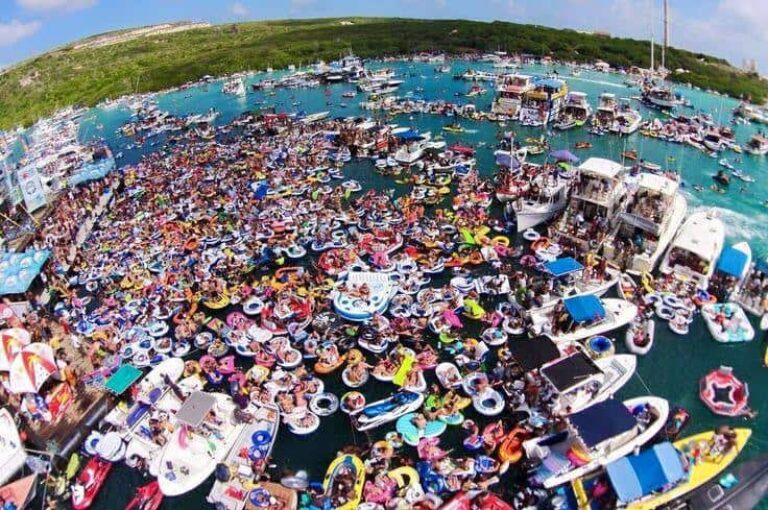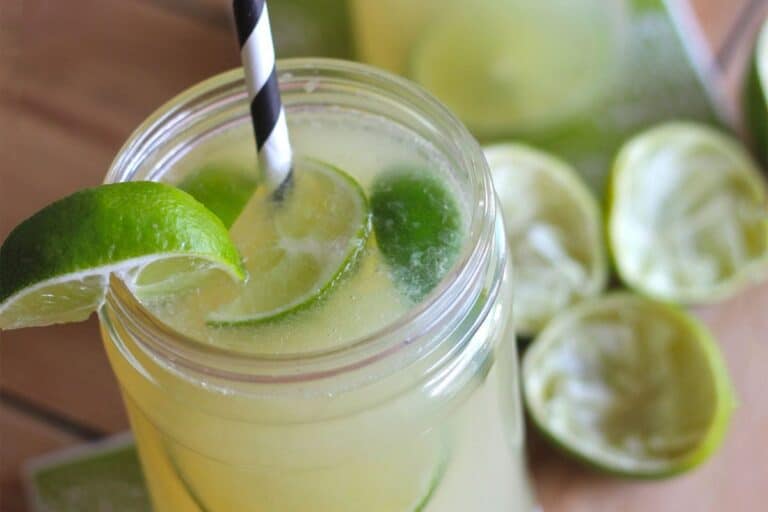
What Language is Mostly Spoken in Curaçao?
Curaçao, a vibrant Caribbean island, boasts a rich tapestry of languages due to its diverse history and cultural influences. The primary language spoken in Curaçao is Papiamentu, a unique creole language that developed during the 17th and 18th centuries. Papiamentu blends elements of Portuguese, Spanish, Dutch, African languages, and Indigenous tongues, reflecting the island’s colonial past and the mix of cultures that have influenced it over the centuries. While Dutch is the official language used in government and schools, Papiamentu remains the language of daily life for most residents, showcasing the island’s cultural heritage and serving as a symbol of local identity.

Luxury car rentals in Curaçao
Experience transparent pricing and exceptional service with Rent Car Curaçao. Choose from luxury vehicles elevate your Curaçao adventure.
A Linguistic Journey Through Curaçao’s History
Papiamentu’s origins date back to the 16th and 17th centuries, a period marked by the arrival of African slaves and Portuguese and Spanish colonizers. This creole language emerged as a means of communication among slaves who spoke different African languages and between slaves and their European masters. Over time, Papiamentu absorbed elements from Dutch and other languages, evolving into the rich and expressive tongue spoken today.
The Role of Dutch in Curaçao
Dutch, the official language, plays a significant role in administrative contexts, education, and legal matters. Introduced during the 19th century when Curaçao was a Dutch colony, Dutch remains the language of government and official documents. Schools teach in Dutch, ensuring that students are proficient in this important language, which also facilitates international trade and economic interactions, particularly with other Dutch-speaking countries.
The Influence of Other Languages
In addition to Papiamentu and Dutch, English and Spanish are commonly spoken in Curaçao. The island’s strategic location in the Caribbean and its history of trade and commerce have made multilingualism a valuable asset. English is widely used in the tourism and hospitality sectors, making it easy for visitors to navigate the island. Spanish, spoken by many residents due to Curaçao’s proximity to Latin America, adds another layer to the island’s linguistic diversity.
Cultural Significance of Language in Curaçao
Language in Curaçao is more than just a means of communication; it is a cornerstone of the island’s identity. Papiamentu, in particular, is celebrated for its melodic intonation and cultural significance. It is the language of music, storytelling, and everyday conversation, binding the community together and preserving the island’s rich heritage.
A Multilingual Tapestry
Curaçao’s linguistic landscape is a testament to its rich history and cultural diversity, shaped over centuries of colonial and economic activities. The island’s population, a blend of various ethnic backgrounds, primarily speaks Papiamentu as their mother tongue. This unique creole language, which evolved during the late 16th and early 17th centuries, stands out as the dominant language in everyday life. The Dutch language, introduced during the Dutch colonial period, serves as the official language and is used extensively in government and education, particularly in primary schools. Dutch’s role in administrative and legal matters underscores its importance in maintaining international business relations and facilitating communication with neighboring countries and other Dutch-speaking regions.
The 20th century saw an increased influence of English and Spanish due to Curaçao’s strategic position in the Caribbean and its proximity to Latin American countries. These languages, along with minority languages like Sranan Tongo from Sint Maarten and other American languages, contribute to a vibrant and complex language situation on the island. The interplay between these languages reflects Curaçao’s status as an autonomous constituent country within the Kingdom of the Netherlands and highlights its ability to adapt and thrive in a multilingual environment. The island’s linguistic history, from the early Iberian and Dutch slave trade to its current status as a hub for international business, showcases its enduring role as a master of languages, connecting diverse cultures and communities across the globe.
What Language is Mostly Spoken in Curaçao? - FAQ
Discover the Wonders
of Klein Curaçao
Experience the untouched beauty of Klein Curaçao, a hidden paradise with stunning beaches and rich marine life. Perfect for snorkeling, diving, or simply relaxing in the sun.
Discover Curaçao’s Multilingual Charm
Exploring Curaçao offers more than just beautiful beaches and vibrant nightlife. It’s an opportunity to immerse yourself in a unique linguistic landscape that reflects centuries of history and cultural exchange. Whether you’re conversing with locals in Papiamentu, navigating services in Dutch, or engaging with fellow travelers in English or Spanish, the island’s multilingual environment enriches your experience.
At CuracaoTodo, we invite you to discover this linguistic charm firsthand. Our curated activities and excursions provide the perfect way to engage with the local culture and languages. From guided tours that delve into Curaçao’s colonial history to immersive experiences that highlight its modern-day diversity, there’s something for everyone. Explore our offerings and let us help you make the most of your visit to this fascinating island.
Popular subjects
Luxury car rentals in Curaçao
Experience transparent pricing and exceptional service with Rent Car Curaçao. Choose from luxury vehicles elevate your Curaçao adventure.
Subscribe to our newletter
Discover the Wonders of Klein Curaçao
Experience the untouched beauty of Klein Curaçao, a hidden paradise with stunning beaches and rich marine life. Perfect for snorkeling, diving, or simply relaxing in the sun.





